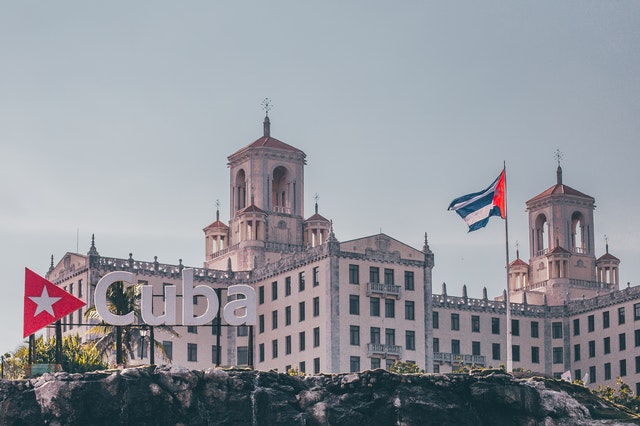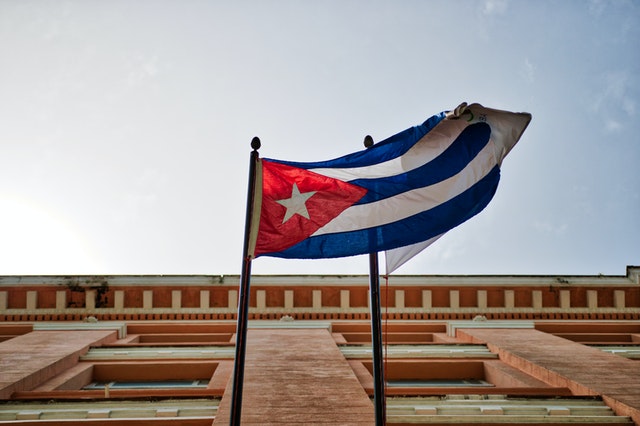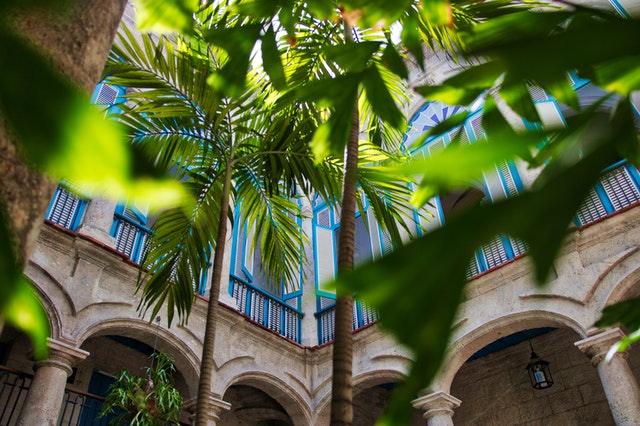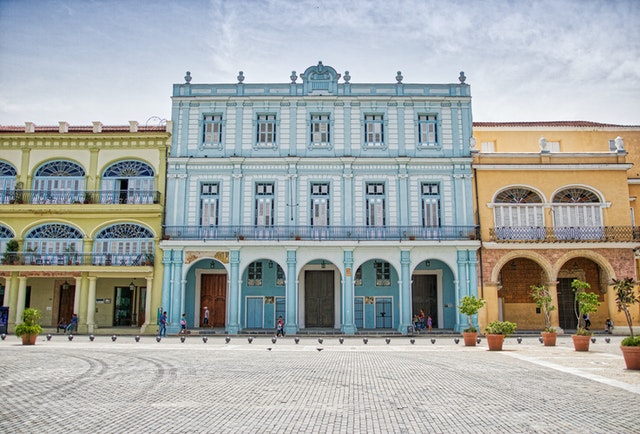Retiring to Cuba: How to prepare

Retiring to Cuba is a very enticing option when you think about it. There is sunshine year-round and warm weather to go with it, very interesting food and culture, combined with a first-rate healthcare system. All of that, when put together, makes Cuba an option to suit everyone’s tastes. However, while Cuba has a lot to offer, it can also be challenging to retire to. You will need to overcome many hurdles, although recent changes have made it somewhat easier. So, to help you out, we have put together a guide on retiring to Cuba. We will show you how to prepare for this exciting prospect.
Should you retire to Cuba?
Before you start the process, there are some things you need to think about before making the decision. First, Cuba has to offer: Cubans are very friendly and accepting of foreigners. As such, integrating into their communities isn’t hard. Cuba has a fascinating culture. Music is pretty big in Cuba, which ties well into their theater and street performance scenes. Finally, the combination of warm weather almost all year and proximity to the sea is sure to do good for anyone’s wellbeing. On the flipside, Cuba isn’t exactly cheap to live in. You will often spend as much monthly in Cuba as you would in the US. However, the process of becoming an ex-pat in Cuba is complicated. The only way to become a Cuban citizen is by marrying a Cuban. Remember to consider all of this before looking up a guide to moving to Cuba.


Can a foreigner live in Cuba?
As we have mentioned, foreigners can live in Cuba, provided they get a visa, which isn’t easy. Work permits and business visas are tough to get, not to mention that if you plan on retiring, they won’t mean much to you. However, Cuba has recently become more accepting of ex-pats retiring there. As such, they’ve started giving out “snowbird” visas. These visas last for six months, and extending them is pretty straightforward. You need to get a tourist card from a Cuban embassy. Then you can later convert it into a snowbird visa in the country itself. But you need to keep in mind that visa holders can rarely buy property in Cuba since the limitations are strict. At the very least, moving to Cuba isn’t too complicated, even for a senior. A smooth process is possible as long as you prepare for it properly.
Buying property in Cuba
Up until recently, foreigners were unable to buy property in Cuba. Although it’s now possible to do so as a foreigner as Cuba offers Real Estate Resident visas, the rules are still quite restrictive. To buy property in Cuba and get a real estate resident visa, you have to: marry a Cuban, purchase property in the name of a Cuban citizen (spouse, friend, or family member), or buy directly from a foreigner who already owns property in Cuba. The most likely option for most people that are retiring to Cuba is the third one. However, this depends entirely on finding someone with property for sale. Since this is the most realistic option for most, you will find that property sold by foreigners is costly. Still, if you get your hands on some property, it’s time to learn what to prioritize when moving home.


Cost of living in Cuba
We mentioned that living in Cuba isn’t cheap. However, there’s more to it than that. Cuba is, generally speaking, an affordable country to live in. Statistics show that it’s 20% cheaper to live in Cuba than in the USA, which applies to rent, food and drink, and utilities. However, ex-pats will have a hard time converting their currency. Cuba uses the Cuban Peso, and using US dollars isn’t possible, and converting dollars also isn’t an option. Because of this, you will need to convert your dollars into euros or British pounds before coming to Cuba. And to make matters even more complicated, in order to live in Cuba, you need to prove that you have the funds to live there. Thus, you will need to bring up to $5,000 into Cuba. Experts from movingtransparent.com also remind you to think about moving expenses.
You must include them in your calculations when planning your retirement in Cuba
because international relocations are not the cheapest thing in the world.
Where to live in Cuba
It’s imperative to decide where you will live exactly, especially since your options are rather limited. You’ll likely end up in more developed areas. Havana is the most obvious choice. As Cuba’s capital, it’s the most well-developed city. It’s also the most expensive option. Santiago de Cuba is the second-largest city renowned for its tourism scene because of the yearly carnival. Because the city is used to tourists, it’s also more accepting of foreigners than other places. Finally, Santi Spiritus is the choice for a quiet life. It’s Cuba’s oldest settlement, and as such, it’s in touch with their traditions. Because the city doesn’t get many tourists, it’s quiet for most of the year.


Retiring to Cuba might be enticing, but it’s also tricky, especially for Americans. You will need to think carefully about the pros and cons and make a solid plan to determine if you can sustainably live there. However, it’s not impossible to do it, and Cuba makes for a very cushy retirement.
ALL IMAGES: Pixels





